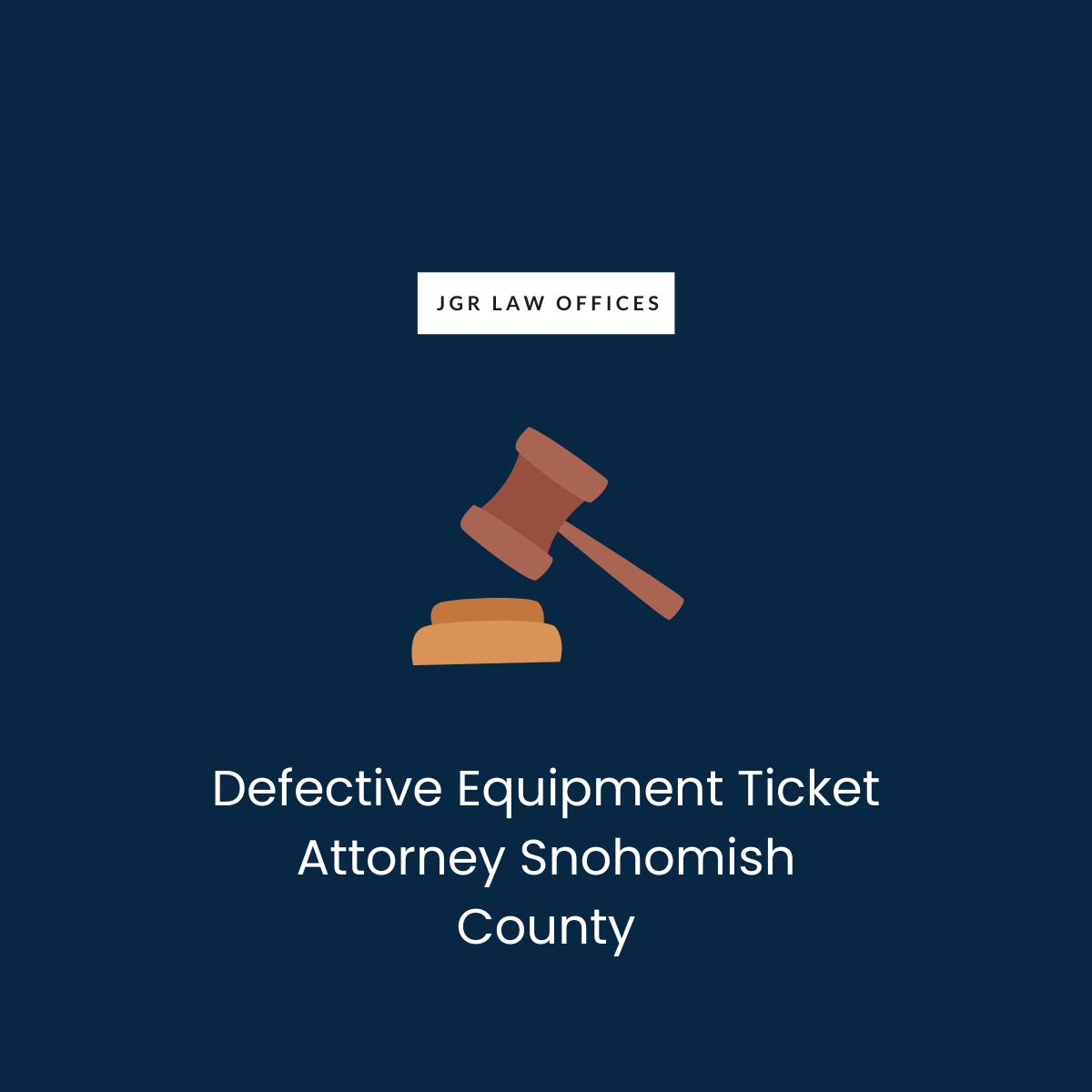What is the amount of unemployment compensation you receive?
Find out how much you may expect to get in unemployment benefits and for how long you can expect to receive them.In the United States, unemployment insurance is a combined federal and state program that provides temporary benefits to workers who are not in the best of jobs. Because of the coronavirus epidemic, finding another employment has become more difficult. A legislation was enacted by the federal government in acknowledgment of these tough economic circumstances, which temporarily boosts unemployment benefits and extends them by up to an extra 13 weeks.Unemployment compensation of $ 300 per week are approved by Congress in response to the Coronavirus.When state unemployment benefits expire, the first program, known as Pandemic Emergency Unemployment Compensation (PEUC), extends unemployment benefits for a further 13 weeks (up to a maximum of 39 weeks) under certain conditions.If you fulfill specific requirements, you may get benefits under the second program, which is known as Pandemic Unemployment Assistance (PUA). This program is available to self-employed individuals, including the vast majority of self-employed and freelancers. Even individuals who are unable to work as a result of Covid-19, are in quarantine, or care for children whose schools have been closed as a result of Covid-19 are eligible for unemployment benefits under the PUA.Both programs will shut to new candidates on March 14, 2021, and will expire on April 5, 2021, for those who have already applied.The amount of unemployment compensationDue to the fact that unemployment benefits are meant to partly compensate for lost earnings, the precise amount you get will be determined on how much you earned before. States employ a variety of methods to compute benefit payments, but all states take previous income into consideration in some way or another when calculating benefits. The prior year’s earnings are taken into consideration by some states, while others look at the employee’s wages during the highest-paid quarter or the first two quarters of the reference period to determine eligibility.In addition, all states impose a limit on the total amount of weekly benefits that may be received. A typical method is to pay half of what the worker previously earned, up to a maximum that is linked to the average income in the state where the person previously worked. Employees earning higher wages may get a bigger total benefits check, but a lower proportion of their prior earnings as a result of this arrangement. Every state has its own set of rules regarding the maximum amount of pay an employee may earn each week.Employees with dependents may be eligible for an extra benefit in certain states. Typically, these amounts are insignificant; most states that provide this benefit provide $ 25 or less in extra benefits per dependant each week in most cases.Unemployment compensation is subject to taxation. Up to ten percent of your benefit amount may be withheld for the purpose of paying federal income tax.If you have additional sources of income while jobless, this may decrease the amount of unemployment benefits that are available to you. Of course, if you find a new job, you will no longer be eligible for unemployment compensation. In contrast, if you are temporarily out of work for a day or two, for example, you must disclose your income to the National Unemployment Agency, which will decide whether or not your unemployment benefit should be decreased in accordance with your newfound earnings.If you are eligible to unemployment benefits, the state unemployment insurance notification may specify how much money you may anticipate to receive each week from the government.If you want to learn more about the benefits available in your state, you can contact the unemployment office in that state. The Career One Stop website, which is sponsored by the Federal Ministry of Labor’s labor administration and contains links and contact information for each federal state, is a good place to start your search.The length of time that you will get unemployment benefitsIf business conditions are regular, most states provide unemployment benefits for up to 26 weeks or six months, but a few states are currently offering benefits for fewer weeks than this standard period. This is due to the fact that, during certain periods of time that are out of the ordinary, the total term for which a former employee may get benefits has been extended by an additional 13 weeks, for a total of 39 weeks.Consult with an attorney.If you need assistance in filing for unemployment benefits or appealing a denial, you should consult with a labor law expert as soon as possible to explore your alternatives.Do you need the services of an attorney? Begin with this.Speak with an attorney who specializes in employment law.
